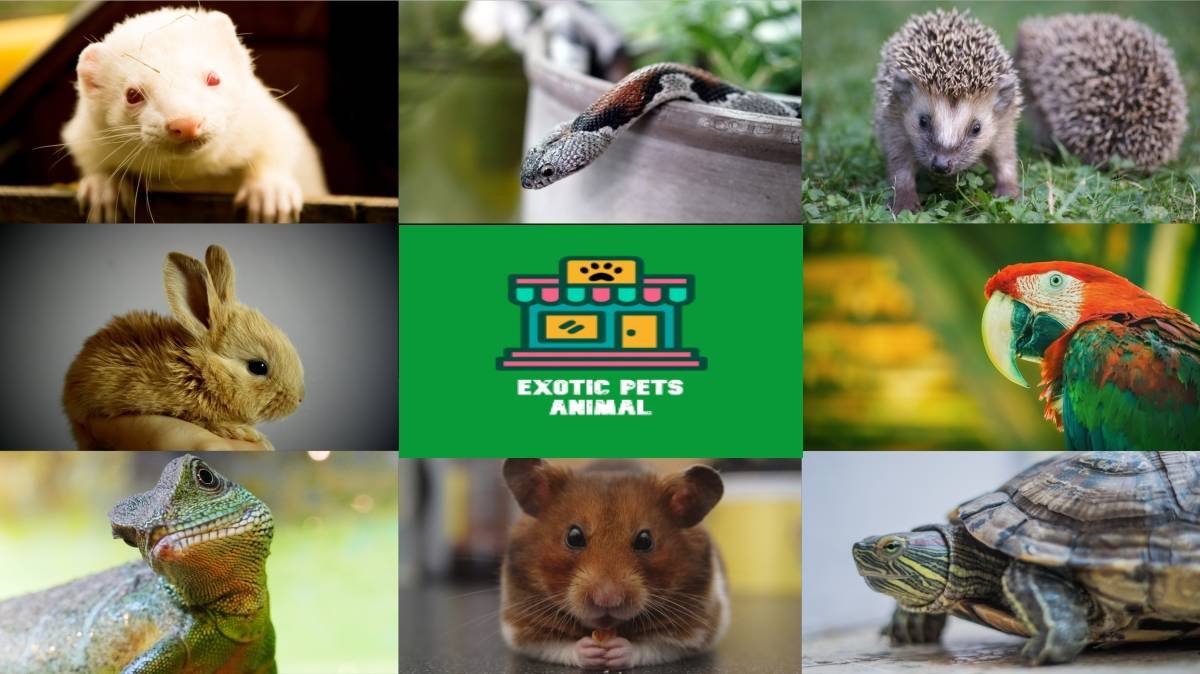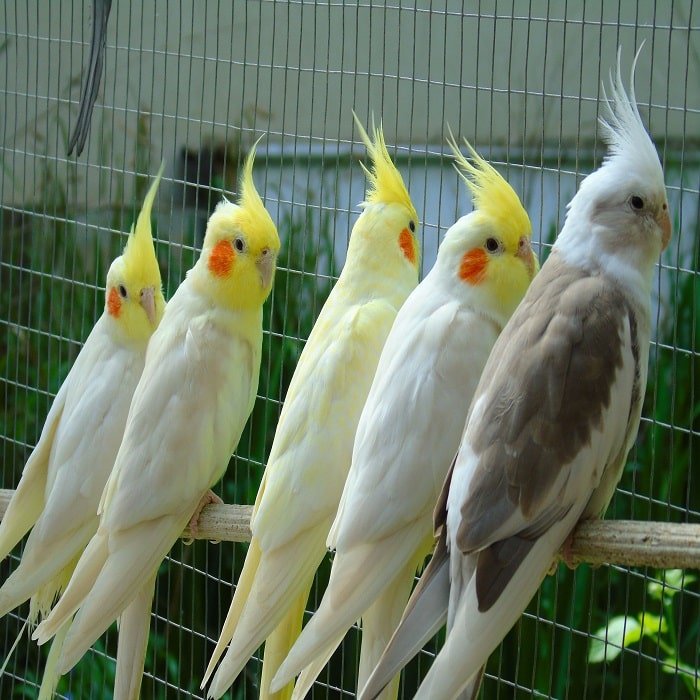
24 Jan Exploring the World of Exotic Pet Animals: Benefits, Risks, and Responsibilities
Table of Contents
ToggleIntroduction:
Exotic pet animals, also known as non-domesticated or wild animals, have long been a source of fascination and intrigue for many people. From snakes and lizards to birds and small mammals, exotic pets come in all shapes and sizes. While owning an exotic pet can be a rewarding experience, it is important to understand the benefits, risks, and responsibilities that come with caring for these animals. In this blog post, we will explore the world of exotic pet animals and discuss the important considerations that come with owning one.
Benefits of Owning Exotic Pet Animals:
One of the main benefits of owning an exotic pet animal is the unique and exciting experience it can provide. Exotic pets offer a different level of companionship than traditional domesticated animals, and the opportunity to learn about and interact with a species that is different from the norm can be incredibly enriching. Additionally, many exotic pet animals are considered to be low-maintenance pets, requiring less attention and care than traditional pets like dogs or cats.

Risks and Responsibilities of Owning Exotic Pet Animals:
While owning an exotic pet animal can be a rewarding experience, it is important to understand the risks and responsibilities that come with caring for these animals. Exotic pet animals are wild animals and, as such, can be unpredictable and potentially dangerous. They often have specific needs and requirements that must be met in order to keep them healthy and happy. This can include providing them with the appropriate living space, diet, and veterinary care.
One of the major risks of owning exotic pets is the potential for them to spread diseases to humans or other animals. For example, some reptiles can carry salmonella, which can be transmitted to humans through contact with their feces. Additionally, many exotic pet animals can pose a threat to human safety, especially if they are not handled or cared for properly.
Another important consideration when owning an exotic pet animal is the potential for them to escape or become loose. Many exotic pet animals are not able to survive in the wild, so it is important to ensure that they are kept in a secure and appropriate living environment.
Responsibilities for the welfare of exotic pet animals are also paramount. Many exotic pet animals are captured from the wild and taken from their natural habitats. This can have a negative impact on wild populations, and it is important to ensure that any exotic pet animal you choose to keep as a pet has been obtained through reputable and ethical means.
Choosing an Exotic Pet Animal:
When choosing an exotic pet animal, it is important to research the specific needs and requirements of the species you are interested in. Not all exotic pet animals are suitable for all people, and it is important to choose an animal that you are able to care for and provide for appropriately. It is also important to consider the potential size and lifespan of the animal, as well as any special dietary or veterinary needs it may have.
It is also important to ensure that you are legally allowed to own the exotic pet animal you are interested in. Many exotic pet animals are protected by law and cannot be kept as pets. Additionally, it is important to check with local authorities to ensure that you are in compliance with any local laws or regulations regarding exotic pet ownership.
Conclusion:
Owning an exotic pet animal can be a rewarding and enriching experience, but it is important to understand the benefits, risks, and responsibilities that come with caring for these animals. Exotic Pet animals are wild animals and, as such, can be unpredictable and potentially dangerous. They often have specific needs and requirements that must be met in order to keep
them healthy and happy. It is important to research the specific needs and requirements of the species you are interested in and to ensure that you are able to provide for them properly.
When choosing an exotic pet animal, it is also important to consider the potential size and lifespan of the animal, as well as any special dietary or veterinary needs it may have. It is also important to ensure that you are legally allowed to own the exotic pet animal you are interested in and that you are in compliance with any local laws or regulations regarding exotic pet ownership.
It’s also worth noting that owning an exotic pet animal is a big commitment and responsibility, and it is not something that should be taken lightly. It’s essential to be prepared for the long-term commitment and to be able to provide a suitable living environment and the right care for the animal throughout its life.
Exotic Pet Animals can make wonderful and fascinating companions, but it’s important to approach the decision to own one with knowledge and caution. By understanding the benefits, risks, and responsibilities that come with caring for an exotic pet animal, you can make an informed decision and ensure that you are able to provide the best possible care for your new companion.


Tania Sweeney
Posted at 06:45h, 05 FebruaryIt is perfect time to make some plans for the future and it’s time to be happy.
I have read this post and if I could I wish to suggest you some interesting things or
tips. Perhaps you can write next articles referring
to this article. I desire to read more things about it!